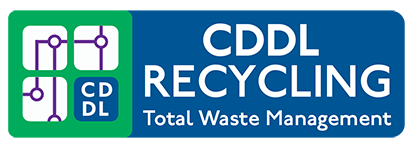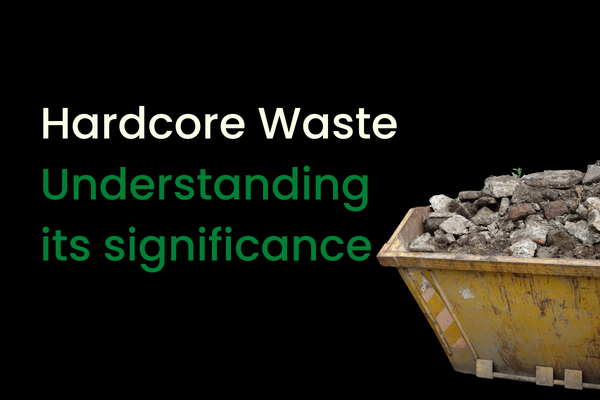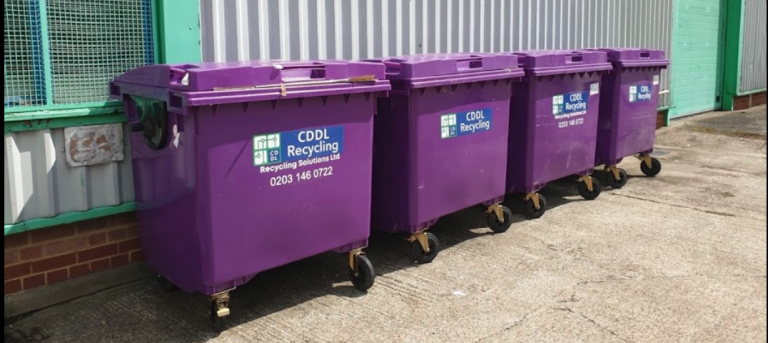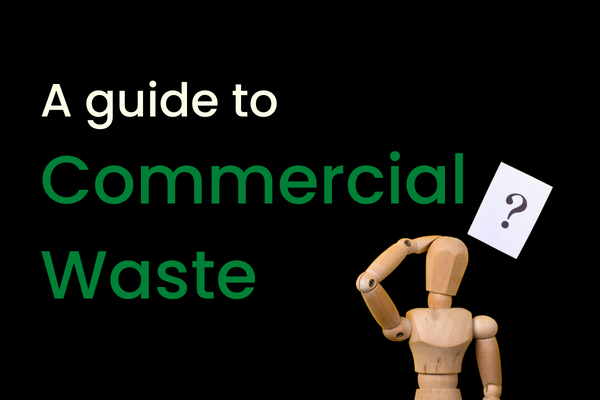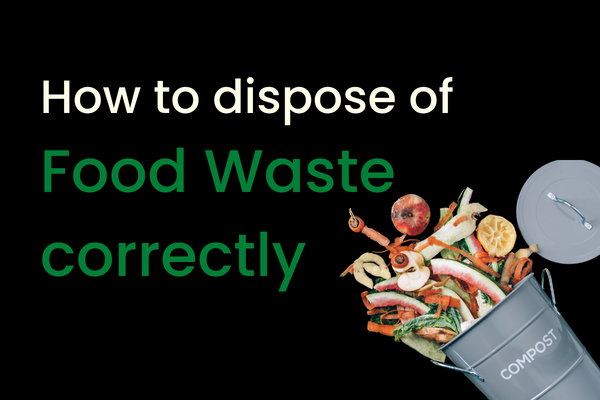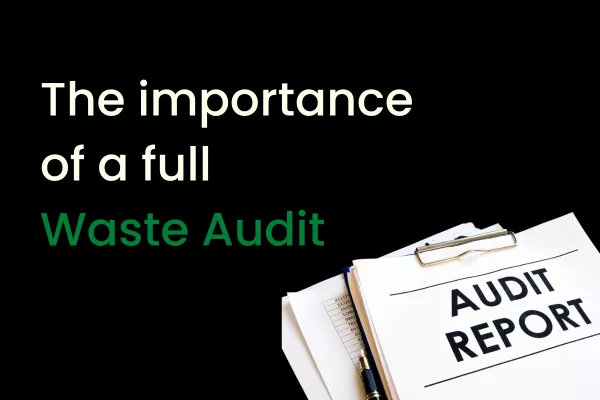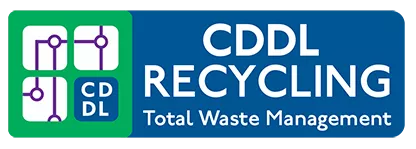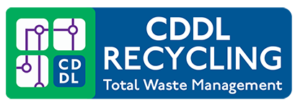From Scraps to Sustainability: The New UK food waste legislation shaking up businesses
Navigating the Changes to Business Waste and Food Waste Collection
Food waste has long been a significant environmental issue. With negative impacts ranging from the unnecessary consumption of resources to the release of greenhouse gases. Recognising this problem, the UK government has introduced new changes to food waste legislation that directly affect businesses generating food waste.
So what does this new legislation mean for your business?
The New Food Waste Legislation in the UK
The UK government has recently introduced new regulations to tackle the issue of food waste, focusing on businesses generating food waste. The new legislation aims to ensure that businesses take responsibility for their waste and reduce their environmental impact. Key aspects of the new legislation include:
- Segregation of food waste from other types of waste
- Mandatory food waste collection for businesses generating a certain volume of food waste per week
- A requirement for food waste to be treated in an environmentally sustainable manner
For detailed information on the new legislation, visit the UK government’s website here.
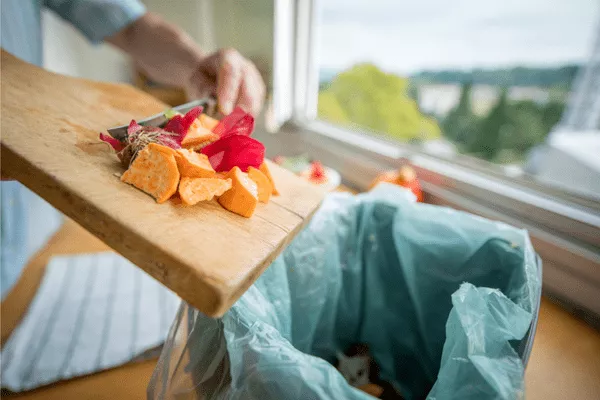
Implications for Business Waste Management
The new food waste legislation will have significant implications for businesses in the UK. Companies generating food waste will now need to:
- Review their current waste management practices and contracts to ensure they comply with the new regulations
- Implement appropriate systems to separate food waste from other waste streams
- Arrange for regular food waste collection by a licensed waste carrier
Failure to comply with the new regulations may result in fines and penalties, making it essential for businesses to familiarise themselves with the new requirements.
Embracing Sustainable Food Waste Collection and Management
To comply with the new regulations and reduce their environmental impact, businesses should consider the following steps:
- Conduct a thorough audit of their waste streams to identify opportunities for waste reduction and improved waste management
- Engage staff and stakeholders in waste reduction initiatives, such as food donation programs or composting schemes
- Develop a long-term strategy for sustainable waste management, considering options such as anaerobic digestion or biomass energy production
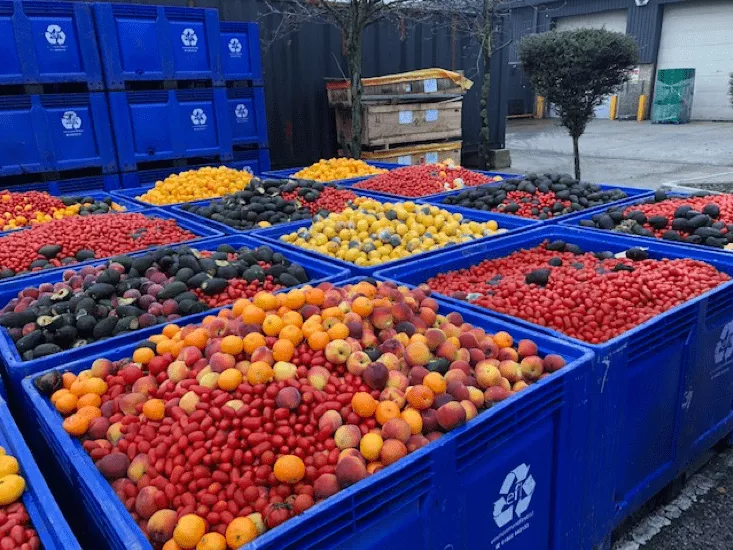
By embracing sustainable food waste collection and management, businesses can reduce their environmental footprint and demonstrate their commitment to social responsibility.
Finding the Right Bin Collection Service for Your Business
As businesses adapt to the new food waste legislation, finding a reliable and efficient bin collection service becomes essential. The right food waste collection service can not only help you comply with the regulations but also contribute to your sustainability goals.
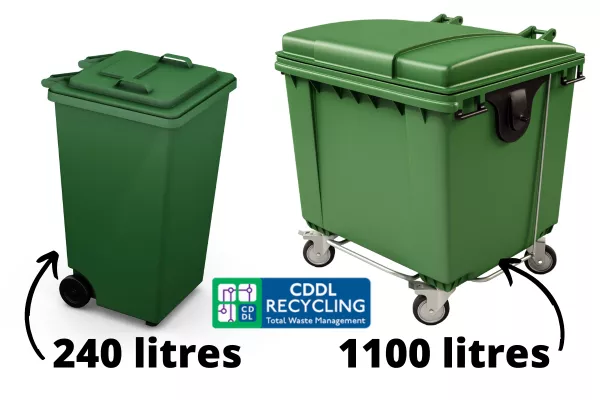
Adapting to the new food waste legislation
The new food waste legislation in the UK presents both changes and opportunities for businesses generating food waste. By understanding the new regulations and implementing sustainable waste management practices, companies can not only comply with the law but also reduce their environmental impact and demonstrate their commitment to responsible business practices.
How can CDDL manage your businesses’ food waste?
If your business generates food waste and needs a management plan in place, contact CDDL Recycling today. We provide a food recycling collection service, for restaurants, hotels, cafes and more, all managed for you in one place. If you’d like CDDL to manage all your waste streams then take a look at our total waste management service to streamline your waste.
